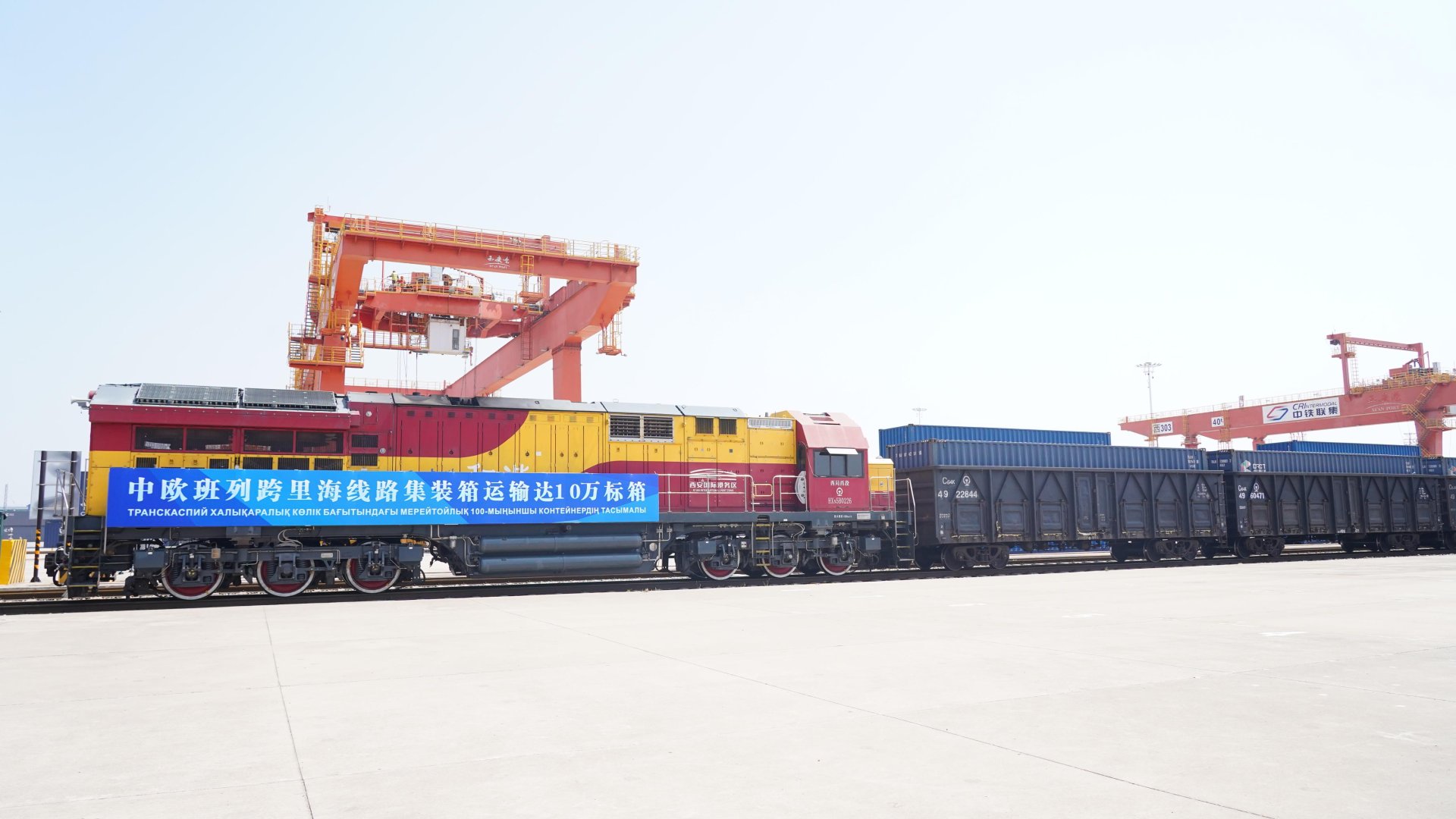By Laman Zeynalova
Copyright trend

BAKU, Azerbaijan, October 8. The Trans-Caspian
International Transport Route Association (TITR) presented the
Middle Corridor at the TransLogistica Kazakhstan 2025 exhibition,
The 28th Kazakhstan International Transport and Logistics
Exhibition — TransLogistica Kazakhstan 2025 — took place in Almaty
from September 30 to October 2. The event was held as part of
Kazakhstan Transport Week, which brought together forums,
conferences, and the region’s largest transport and logistics
exhibition.
The TITR stand attracted particular attention, serving as a key
platform for negotiations and business meetings. It was visited by
delegations from relevant ministries and major companies, including
representatives of the Ministry of Transport and Infrastructure of
Saudi Arabia, BMF Port Burgas, LojiDer (Turkey’s Association of
Logistics Service Providers), among others. TITR members and
partners held discussions on the development of the route.
In parallel with the exhibition, the 7th New Silk Way
International Transport and Logistics Business Forum and
specialized conferences, including BreakBulk Kazakhstan, were held.
During the session “Caspian and Key Challenges of Project
Logistics,” Acting Secretary General of TITR Nurgul Zhakupova
presented updates on the corridor’s development and its role in
international freight transportation.
TITR’s participation in TransLogistica Kazakhstan 2025
underscored the growing importance of the Middle Corridor in the
global transport network and opened new opportunities for expanding
international cooperation and implementing joint projects.
The Middle Corridor is a strategic trade and transport route
linking Asia and Europe, offering an alternative to the traditional
Northern and Southern corridors.
The route starts in China and runs through Central Asian
countries, including Kazakhstan, Uzbekistan and Turkmenistan. It
then crosses the Caspian Sea, Azerbaijan, Georgia and Türkiye
before reaching Europe. The corridor provides a land-based
alternative to longer sea routes, connecting East Asia, including
China, with Europe.